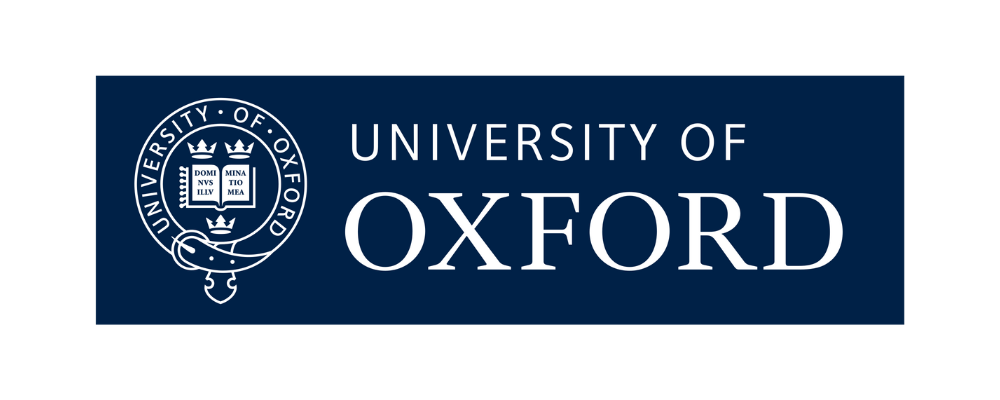Romania’s 2025 presidential election was far more than a domestic political contest —it was a stress test for Europe’s digital defences. Amid rising political instability and economic downturn, the country became a frontline example of how digital interference, algorithmic manipulation, and platform inaction can collide to undermine democratic processes.
What unfolded in Romania is both a warning and a lesson: in the digital age, electoral integrity can no longer be separated from platform accountability.
Brussels must recognise Romania’s experience for what it is: a frontline preview of challenges facing democracies across Europe. Without urgent, robust, and agile oversight mechanisms, electoral integrity will continue to be a weak link in the democratic chain.
Dr Roxana Radu, Associate Professor of Digital Technologies and Public Policy
The digital threat to electoral integrity
The erosion of electoral integrity in Romania began not at the ballot box, but online.
The first round of presidential elections, held in November 2024, was annulled by the Constitutional Court following credible reports of foreign interference and campaign irregularities.
Cãlin Georgescu, a pro-Russian candidate with just 5% support in the polls surged to first place in the initial tally, aided by opaque campaign financing, digital influencers and recommender system on TikTok, a platform with 9 million users in Romania. Georgescu was later banned from running again.
A torrent of short-form videos, conspiracy theories, and deepfakes had seeded confusion, but TikTok failed to detect or label campaign materials and curb coordinated disinformation campaigns. This prompted the European Commission to open an investigation into the platform’s failure to detect and address election-related risks under the Digital Services Act (DSA). Six months later, this investigation is ongoing.
In Romania, the annulment triggered a wave of public outrage and digital turmoil. Trust in democratic institutions collapsed. Polarisation deepened. Most notably, the digital space became the main battleground, as new candidates turned to online channels to promote themselves – content that mainstream media quickly picked up and amplified.
By the time voters returned to the polls on 4 May 2025, a full-scale information and meme contest ensued online. George Simion, the 38-year-old nationalist leader of the far-right AUR party, chose to communicate almost exclusively on social media and secured 40% of the vote. Nicușor Dan, the 55-year-old independent candidate and mayor of Bucharest became the front-runner with 20% of the votes, pulling ahead of coalition-backed Crin Antonescu.
The result sent a clear message of public rejection toward the political establishment and triggered Prime Minister Marcel Ciolacu’s resignation.
The second round of elections unfolded under intense scrutiny. The online information space had become weaponised: personal attacks, fear-driven messaging, and fake narratives targeted Nicușor Dan. Bot networks and coordinated amplification tactics flooded TikTok and Facebook, overwhelming Romania’s already strained information ecosystem.
Despite repeated warnings from civil society and watchdog groups, enforcement efforts by platforms appeared to be patchy and poorly scaled to the scope of the threat.
Meanwhile, the European Commission released preliminary findings confirming that TikTok had violated the Digital Services Act (DSA) in a separate investigation—this time for its ad repository. The platform failed to disclose who sponsored political ads, how audiences were targeted, and where funding originated. As the Romanian case illustrates, these failures severely hindered real-time tracking of coordinated influence operations.
During the final election day (18 May), another platform came under spotlight, when Telegram’s CEO Pavel Durov sent a message to all its users in Romania, alleging meddling by France. Though ultimately ineffective, it marked a new kind of digital interference: platform owners inserting themselves into national political moments with zero accountability. Telegram has around 26% of the domestic market.
Under these extraordinary circumstances, pro-European Dan took the presidential seat with 53.6% of the vote. While his victory signals resilience in the face of digital manipulation, it also reflects a broader protest vote—a desire to move past the political paralysis and digital toxicity that defined the last six months.
As announced, Dan’s priorities are dictated by immediate needs: reduce the economic deficit, address the regional security challenges, and form a government likely to be led by reformist Ilie Bolojan.
 Dr Roxana Radu
Dr Roxana Radu
Europe’s reckoning in the age of disinformation
While digital interference formed the storm clouds, the broader Romanian context made the overall climate uniquely vulnerable. Political instability and economic volatility had already primed the public for distrust. As the final election results show, Romania remained deeply fractured and many of its fault-lines only surfaced in online discussions.
The country may have narrowly avoided a deeper political and economic crisis, but this election is a stark warning. Disinformation cannot be tackled in isolation, as it is no longer fringe – it is strategic, networked, and can become mainstream on social media.
In its newest forms, disinformation does not wait for year-long investigations, and neither should enforcement. The EU’s voluntary Code of Conduct on Disinformation has been insufficient, with companies like Telegram not signing up to it. The more comprehensive Digital Services Act represents a step in the right direction—but investigation remains slow, even for accelerated procedures, like the one opened for the annulled Romanian elections in December 2024, whose conclusions are still awaited.
In the meantime, instruments such as the Electoral Centre introduced by TikTok ten days ahead of the May elections provided little transparency into the platform’s actions in real-time, despite an increase in the number of Romanian-speaking content moderators. Similarly, Meta transparency reports are published quarterly. To prevent the next electoral crisis, adequate platform accountability needs digital safeguards with timely execution.
Brussels must recognise Romania’s experience for what it is: a frontline preview of challenges facing democracies across Europe. Without urgent, robust, and agile oversight mechanisms, electoral integrity will continue to be a weak link in the democratic chain.
Dr Radu’s research focuses on the governance of technology and internet-related policymaking. She advises governments and international organisations on digital governance issues, and currently serves on the Advisory Group of the EU Cybersecurity Agency.
“The University of Oxford is a collegiate research university in Oxford, England. There is evidence of teaching as early as 1096, making it the oldest university in the English-speaking world and the world’s second-oldest university in continuous operation.”
Please visit the firm link to site


